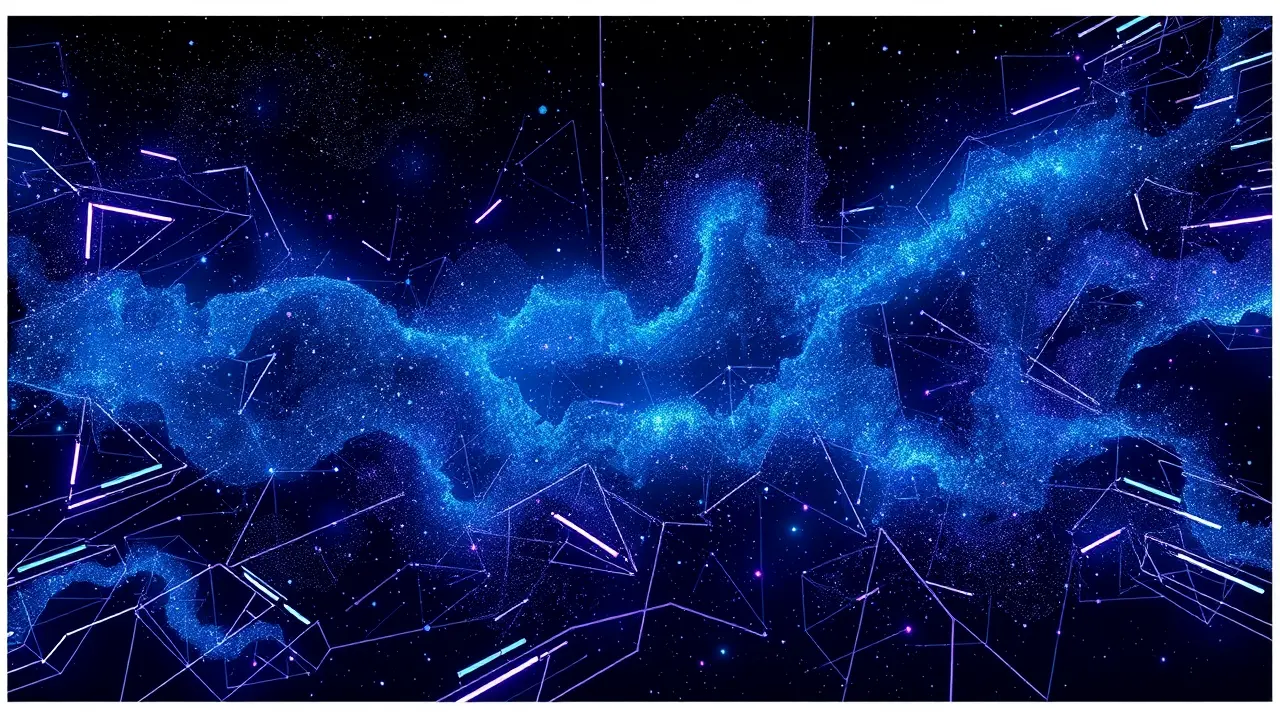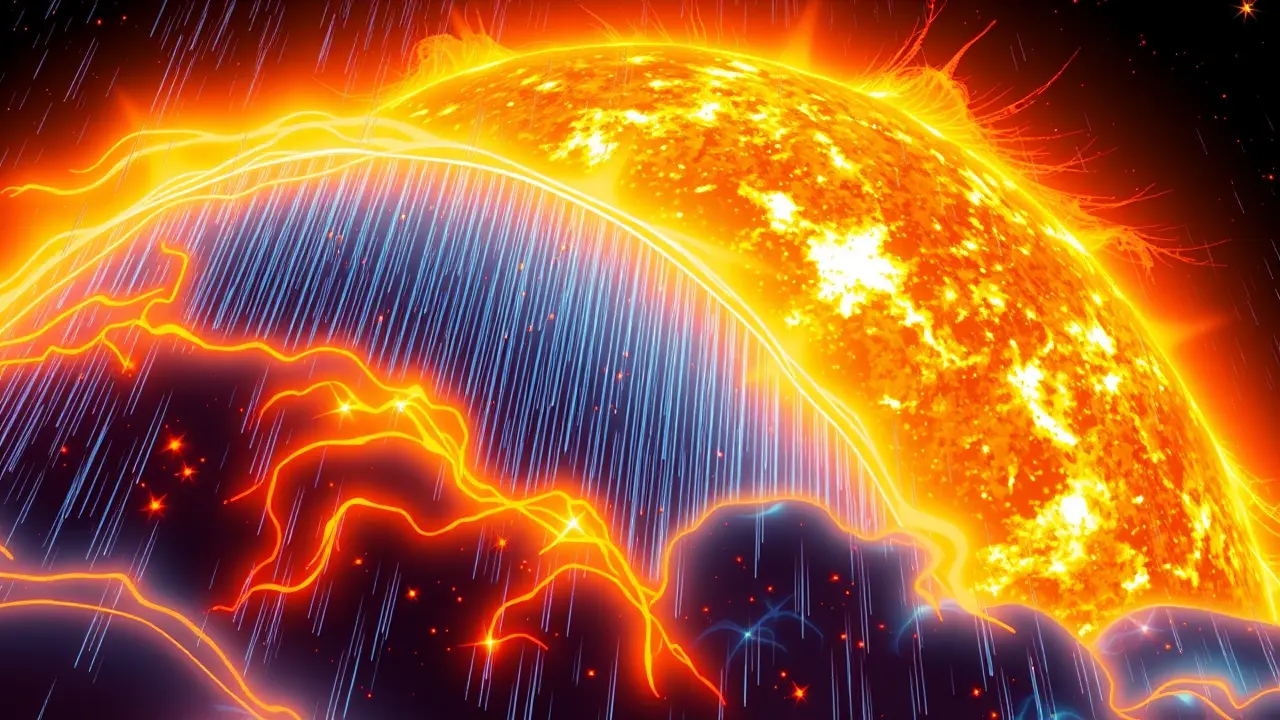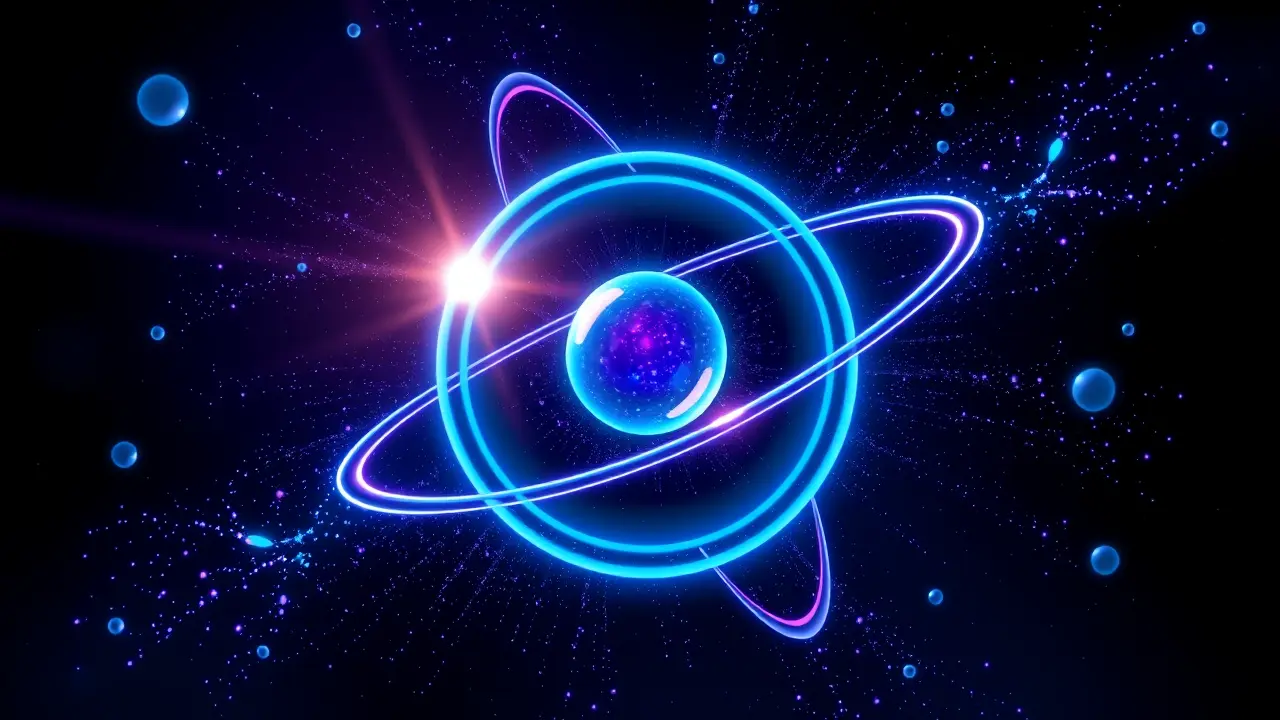
SciencephysicsTheoretical Physics
The bold idea that spacetime doesn’t exist
TH
Thomas Green
1 day ago7 min read
The bold idea that spacetime doesn’t exist is one of those cosmic curveballs that flips our entire understanding of the universe on its head, much like when Copernicus shoved Earth from the center of the cosmos. It’s not just some abstract philosophical musing; this notion strikes at the very heart of physics, suggesting that spacetime isn’t a fundamental entity but rather a model—a tool we’ve crafted to describe how events unfold.Think of it like the playbook in a game of interstellar football: we use it to track the action, but the playbook itself isn’t the game. This perspective, championed by thinkers who dare to question the fabric of reality, argues that treating events as objects within spacetime leads to all sorts of confusion, such as the infamous time-travel paradoxes that have fueled sci-fi plots for decades.Imagine trying to rewind a goal in a match—it creates a mess because the event itself is immutable; it happened, and that’s that. By shifting our focus to events merely occurring in an existing world, we gain clarity, much like how Einstein’s relativity once upended Newton’s absolute time, showing us that time is relative and intertwined with space.Today, this idea resonates in cutting-edge fields like loop quantum gravity and causal set theory, where researchers are exploring a universe built from discrete events rather than a smooth continuum. Experts like Carlo Rovelli, a leading voice in quantum gravity, emphasize that this approach could resolve long-standing puzzles, such as the nature of black holes or the Big Bang, by eliminating the need for a pre-existing stage.Historical precedents abound—from Leibniz’s relational space debates to the quantum revolutions of the 20th century—each time we’ve peeled back a layer of reality, we’ve found something simpler beneath. The consequences are profound: if spacetime is emergent, not fundamental, it could unify general relativity and quantum mechanics, paving the way for a theory of everything.But it’s not without controversy; some physicists worry it undermines the predictive power of current models, while others see it as a liberation from conceptual traps. As we stand on the brink of this paradigm shift, akin to Musk’s vision for Mars colonization—bold, futuristic, and rooted in reimagining possibilities—it’s clear that this isn’t just about equations; it’s about how we perceive our place in the cosmos. In the end, recognizing events as the primary actors might not only clarify physics but also enrich philosophy, reminding us that the universe is a dynamic tapestry of happenings, not a static backdrop.
#featured
#spacetime
#philosophy of physics
#theoretical physics
#events
#time
#physics models
#conceptual framework
Stay Informed. Act Smarter.
Get weekly highlights, major headlines, and expert insights — then put your knowledge to work in our live prediction markets.
Related News
© 2025 Outpoll Service LTD. All rights reserved.


